Terms - F
F
F clef
F double flat
F double sharp
F flat
F octave clef
F sharp
f-hole
F-Loch
F-Schlüssel
Fa
Fa bemol
Fa bémol
Fa bemolle
Fa dièse
Fa diesis
Fa doble bemol
Fa doble sostenido
Fa doppio bemolle
Fa doppio diesis
Fa double bémol
Fa double dièse
Fa sostenido
faburden
facile
fadinho
fado
fagot
Fagott
fagotto
Fähnchen
Fahne
fake book
false note
falsetto
family
fandango
fanfare
fantasia
farsa
fascia
Fatigue Call
fauxbourdon
Feldmusik
felt
fermata
Fermate
fermato
fertig
Fes
Feses
festivo
ff
fff
ffff
ffp
ffz
Fg.
Fi
fiati
fiddle
Fidel
Fiedel
fier
fieramente
fiere
fiero
fife
fifteen stroke roll
fifth
fifth voice
Figur
figura
figure
figured bass
filet
filetto
fill
fin
final barline
final cadence
finale
fine
finger cymbals
finger harp
finger hole
fingerboard
fingering
fiorette
fioriture
fipple
fipple flute
Fire Call
First Call
first chair
first ending
first inversion
First Sergeant's Call
first-movement form
Fis
fisarmonica
Fisis
five stroke roll
Five, The
five-line
fixed Do
Fl.
flag
Flag Officer's March
flageolet
flam
flam accent
flam drag
flam paradiddle
flam paradiddle-diddle
flam rudiments
flam tap
flamacue
flamenco
flat
flauta
flauta baja
flauta de pico
flauta dulce
flauta recta
flautando
flautín
flauto
flauto a becco
flauto diritto
flauto dolce
flauto piccolo
flauto transverso
flautone
flessatono
flex-a-tone
Flexaton
flexatone
floor tom
florid
Flöte
flourish
flue
flue pipe
flugelhorn
flute
flûte
flûte à bec
flûte alto
flûte douce
flûte droite
flûte piccolo
flûte traversière
flutter-tonguing
folk elements
folk instrument
folk music
foot
forefall
form
formalism
formes fixes
forte
fortepiano
fortissimo
fortissimo piano
fortississimo
fortissississimo
forza
forzando
forzato
fouet
four-line
fourth
foxtrot
fp
Franco Flemish School
französische Violinschlüssel
free aerophone
free-reed instrument
French horn
French overture
French school
French violin clef
frequency
fresco
fret
fretboard
fretted
friction idiophone
frisch
frog
from the sign
Frosch
frottola
frusta
fugato
fuging tune
fugue
full anthem
full cadence
full close cadence
fundamental
fundamental position
funeral dirge
funeral lament
funeral march
funeral music
funk music
fuoco
furioso
fusa
fz
fill
[English]
A short solo used in jazz music or music with jazz influences. The fill is typically unwritten (ad lib) and is used as a background effect to add interest to passages in between phrases of the melody of the composition or when the melody is holding long notes. The fill is normally given to an instrument in rhythm section of the ensemble (bass, drum, guitar, or piano), but other instruments can provide melodic fills. In general, a fill is anything that is performed in addition to the written composition to "fill" a silence. It can also underscore a rhythm played by other instruments, announce the entrance or punctuate the exit of a soloist or other passages of the composition, stimulate the other performers to make the performance more interesting. The fill can either maintain the character of the composition or provide a contrasting character.
Characteristics of Fills
Drum fill
A drum fill will normally augment the normal swing rhythmic patterns with more aggressive or complex figures for the duration required by the fill. It is used to raise excitement in passages with the full ensemble or to provide a more interesting rhythms in moments between melodic phrases. The fill can also punctuate the entrance of a soloist or the entire ensemble.
Piano or Guitar fill
The piano or guitar fill will generally include more aggressive or complex rhythmic figures for the duration required by the fill and can add a more dense harmonic color. The piano or guitar fill can also provide a very subtle and simple melodic or harmonic figure to provide a possible contrast to a loud shout chorus or just to keep in character with the rest of the composition.
Other fills
Any instrument in an ensemble (including voice) can provide a fill when indicated in the composition. These are typically rhythmic or melodic figures to provide interest between phrases of the melody.
Share
Tweet
Last Updated: 2016-05-25 01:24:08

